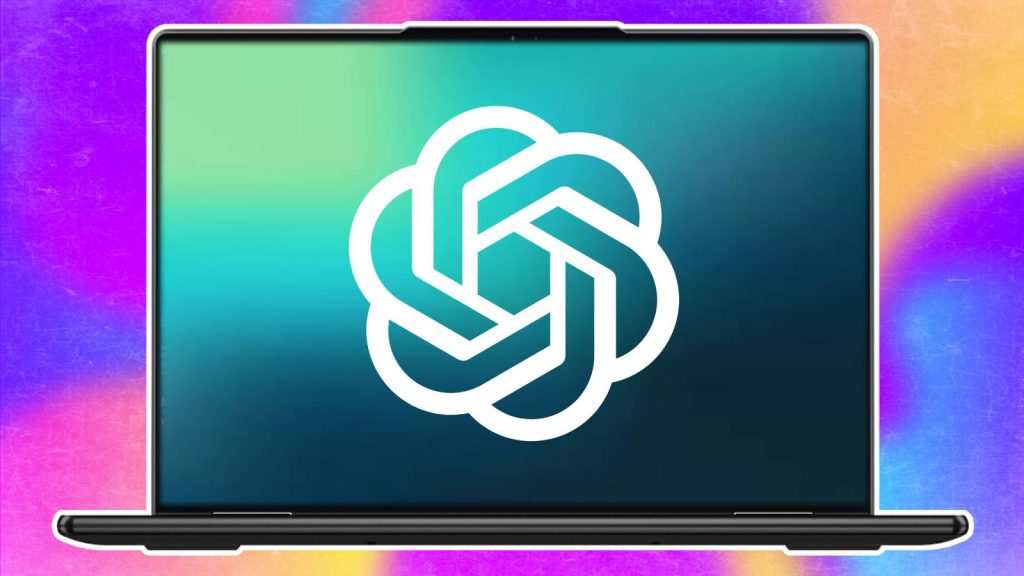OpenAI isn’t content with just being the company behind ChatGPT, and it increasingly looks like it’s quietly setting itself up to compete in hardware too. Recent reports reveal that Sam Altman’s team has been pulling talent from Apple’s design and engineering ranks, and now The Information says the company is tapping into Apple’s go-to suppliers like Luxshare and Goertek and leaning heavily into the kind of design language you’d normally associate with Cupertino.
A big part of that shift came when OpenAI acquired io, a hardware startup created by Jony Ive, who is best known for shaping Apple’s most iconic products. Ive brings design credibility through his firm LoveFrom, and now that expertise is being folded into OpenAI’s future devices.
Citing industry sources, The Information reports that OpenAI is apparently developing a whole lineup (via The Verge). The first is a wearable “pin” device Altman has already hinted at, a screen-free AI companion meant to work alongside your phone or laptop. But that’s only the beginning. OpenAI is reportedly exploring smart glasses and a screen-free smart speaker. On top of that, there’s talk of a simple digital voice recorder, suggesting OpenAI is looking to build a whole ecosystem of AI-powered tools rather than betting everything on a single form factor.
An ambitious timeline with sky-high shipment goals
The timeline is ambitious. The first hardware could launch as soon as late 2026 or early 2027, and Altman even previously floated a goal of shipping 100 million units by the end of 2026 — a staggering number for a company with no previous hardware track record. To make that happen, OpenAI is reportedly working with the same factories and partners that help Apple scale its products, and it’s been recruiting veterans who’ve previously worked on devices like the Apple Watch and Siri hardware.
If this all sounds like OpenAI is taking a page straight out of Apple’s playbook, that’s because it kind of is, but the stakes are high. Hardware is notoriously difficult: supply chain hiccups, battery performance, and user experience can sink even well-designed products. And while mimicking Apple’s design chops might give OpenAI a head start, it also risks criticism if the devices feel derivative or fail to offer something truly new.
Still, if OpenAI can deliver AI-driven wearables and home devices that feel fresh rather than familiar, it could force companies like Apple and Google to rethink how quickly they’re moving in the AI-native hardware race. The next 18 to 24 months will show whether OpenAI’s hardware gamble pays off or if it learns the hard way just how brutal the consumer tech market can be.

